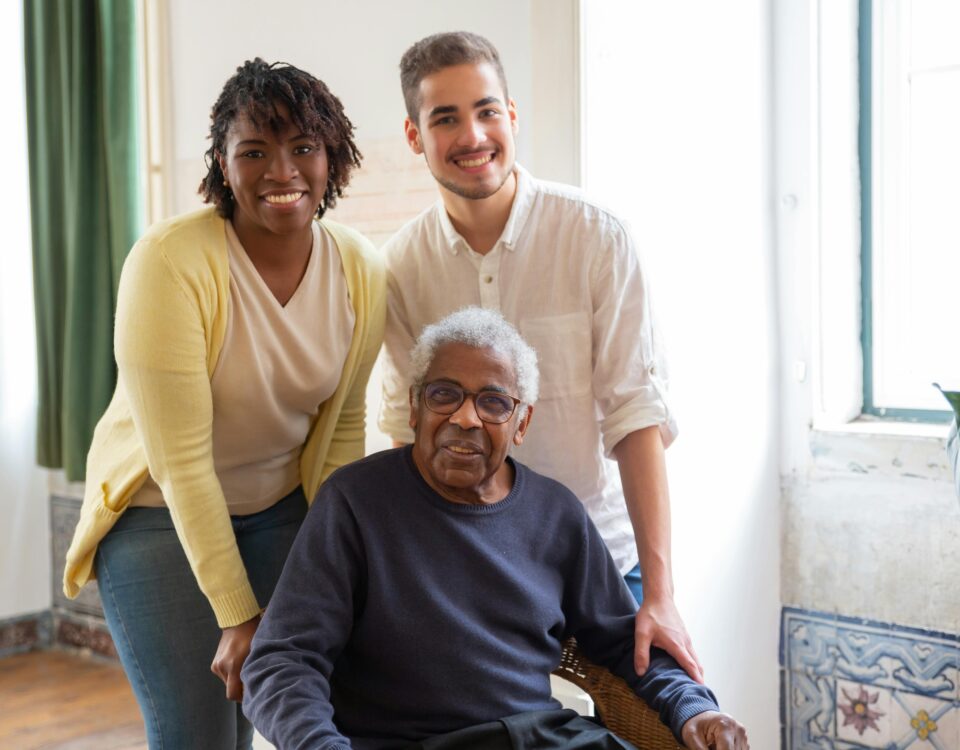What Kinds of Emotional Reactions Might Your Senior Loved One Have After a Heart Attack?

How to Make Nutritional Smoothies for Aging Loved Ones
July 17, 2017
Becoming a Caregiver to Someone with Dementia
July 31, 2017What Kinds of Emotional Reactions Might Your Senior Loved One Have After a Heart Attack?
After your senior loved one survives a heart attack, there’s a lot for you and her to deal with about the situation. One of the biggest can actually be some of the emotions that your loved one feels afterward.

Senior Care Pasadena CA – What Kinds of Emotional Reactions Might Your Senior Loved One Have After a Heart Attack?
She Might Be Afraid
Heart attacks are terrifying, even if your senior loved one only experiences a mild one. It’s not surprising that your loved one would be afraid immediately after her heart attack, but she may also be afraid for a long time after. She might fear having another heart attack with every single pain that she experiences. Some loved ones might even be afraid of being alone. Hiring senior care providers to be there when you can’t be, can help both you and your loved one to feel more secure.
She Might Be Depressed
Having a heart attack can leave your senior loved one extremely depressed, as well. Her life may have changed dramatically, which can cause your loved one to grieve that prior life. Your loved one might feel that any sort of regular, normal life is now over for her. Talking to your loved one’s doctor and going to cardiac rehab can each help your loved one to understand any new limitations.
She Might Even Be Angry
While fear and depression might be expected to a certain extent, some loved ones are surprised to find that they feel a great deal of anger after a heart attack. Your loved one might be angry because she’s done the “right” things and yet still had a heart attack. She might be angry at being forced into lifestyle changes. She might even feel angry that she wasn’t able to control her body enough to not have a heart attack.
Or She Might Have Mix of All of These Feelings
Your senior loved one most likely will experience a mixture of all of these emotions to varying degrees. It’s possible that she might even cycle through them as she tries to deal with the feelings. There’s no right or wrong way for your loved one to feel at this time. What’s important is that you’re there to support her.
If your loved one needs extra help managing these feelings, talk with her doctor or find a counselor or therapist that she trusts to help work through the emotions.

